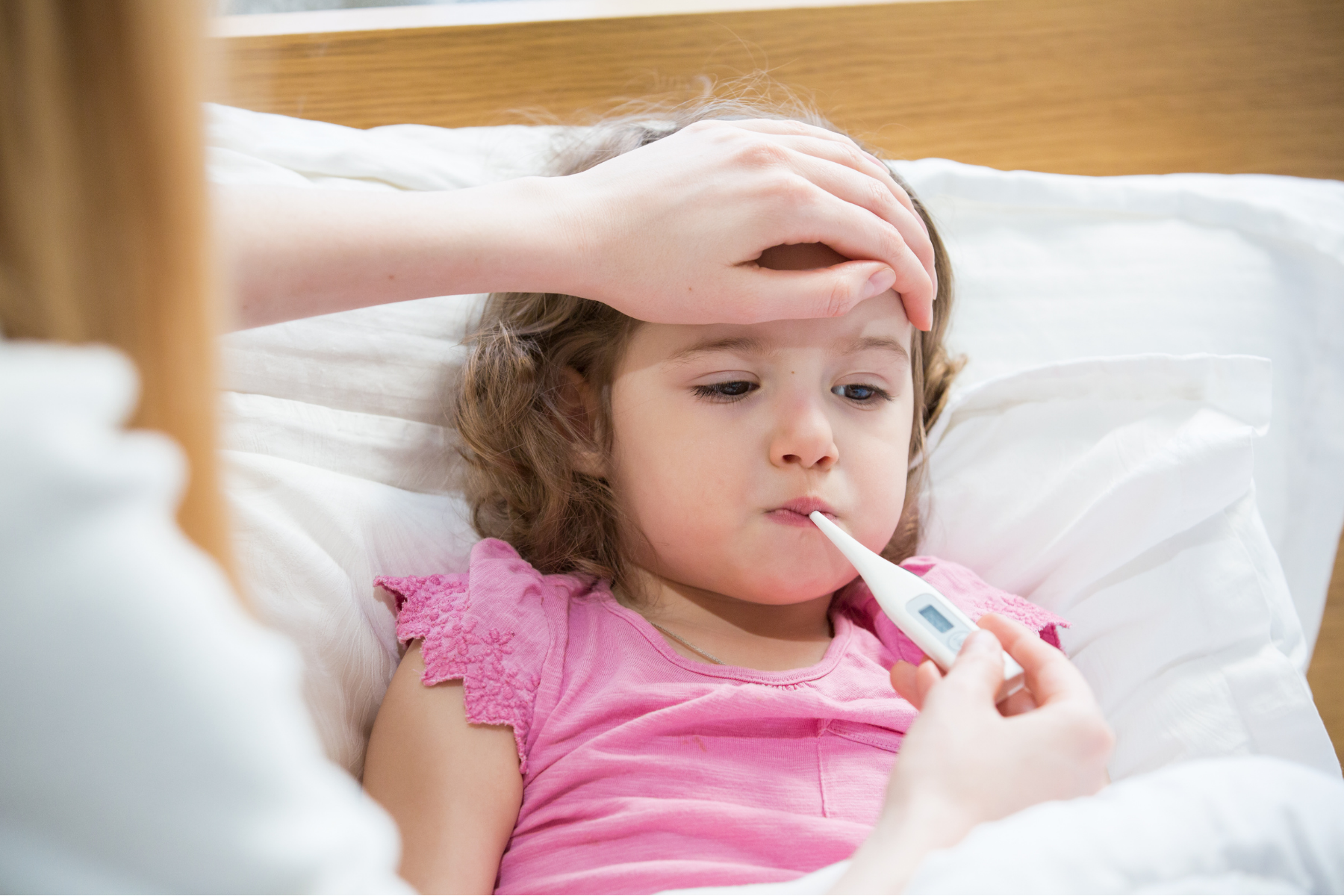 With school back in full swing and many Florida restaurants and bars now operating at full capacity again, the buzzword “superspreaders” is a term that you may be hearing tossed around more and more. Just like the famed punchline — if one COVID-infected person walks into a bar (or classroom), how is it that everyone else will walk out sick?
With school back in full swing and many Florida restaurants and bars now operating at full capacity again, the buzzword “superspreaders” is a term that you may be hearing tossed around more and more. Just like the famed punchline — if one COVID-infected person walks into a bar (or classroom), how is it that everyone else will walk out sick?
What exactly is a superspreader?
For starters, you have to know what it means to, in fact, be a superspreader. The idea behind the term is that once infected with COVID-19, some people’s bodies simply produce and shed more of the virus than others. The precise reason for that is currently unknown.
“The virus replicates in some people more than others,” shares Michelle Aquino, DO, a hospitalist at Baptist Medical Center Jacksonville. “We aren’t sure why but they have increased concentrations of the virus in their system. When one of these individuals gets into the ‘perfect’ situation — a closely packed crowd with lots of talking, on a bus, at a concert or a bar — the virus seems to spread more and higher numbers of people get infected.”
What’s more to blame — behavior or biology?
Mobeen Rathore, MD, chief of Pediatric Infectious Disease and Immunology for Wolfson Children’s Hospital and co-director of the Baptist Health Infection Prevention and Control Committee, says that the word “superspreader” isn’t even a scientifically accepted term. He says that one’s behavior may contribute to spreading infection just as much as their biological makeup.
“We have seen situations where somebody goes to church and the pastor and his wife who are unintentionally infected spread the virus to congregants, or situations like a big executive meeting where one individual may have infected 50 people, they become so-called superspreaders,” he shares. “But, I’m not sure they’re any different from others who are infected. It just so happens they’ve infected a lot of people [based on the circumstances].”
Dr. Rathore says that certain actions and a lack of precautions (like wearing a mask and social distancing) could certainly play a factor in getting others sick.
“If I’m speaking loudly, and I’m not wearing a mask, secretions from my respiratory tract will spread to others more easily,” he continues. “Or, if I’m at a picnic and I’m mingling, meeting others, hugging everybody — well, I’m going to infect more people.”
Who is most likely to superspread?
According to an article in The New York Times, 10% of infected people are responsible for the vast majority of new infections — as much as 80%, in fact. Dr. Rathore explains that those with a worsened case of the coronavirus are more liable to have a higher viral load, meaning the amount of virus in their bodily fluids, such as respiratory droplets. But asymptomatic folks who go on about their business believing they aren’t sick could just as easily infect others.
“If you have a higher viral load, you will be shedding the virus at an increased rate,” he says. “If somebody was asymptomatic, they might not spread it as much as someone with severe symptoms, but there’s a chance for the virus to spread more because of opportunity.”
As for children, who are often thought to spread germs more quickly through playing and interacting at school? Dr. Rathore says that littles actually aren’t any more likely than grown-ups to spread the virus to their peers and other people.
“I prefer to think of ‘superspreaders’ in terms of events rather than individual people,” he states. “Superspreader events occur when participants are not following appropriate prevention protocols, and therefore are at risk of contracting or spreading the disease. It doesn’t matter whether it’s a child or an adult.”
How can you prevent superspreading?
For Dr. Rathore and Dr. Aquino, superspreaders aren’t as much of a worry as long as everyone works together to keep themselves and one another healthy.
“Let’s do everything we can to protect everyone from infection by staying home if you can, social distancing, wearing masks, and practicing hand hygiene,” Dr. Rathore notes. “And, if you’re sick, stay home.”
Baptist Health is working to keep the community informed about COVID-19. For more information, visit covid19.baptistjax.com, and questions about COVID-19 symptoms, call 904.302.5050.
















